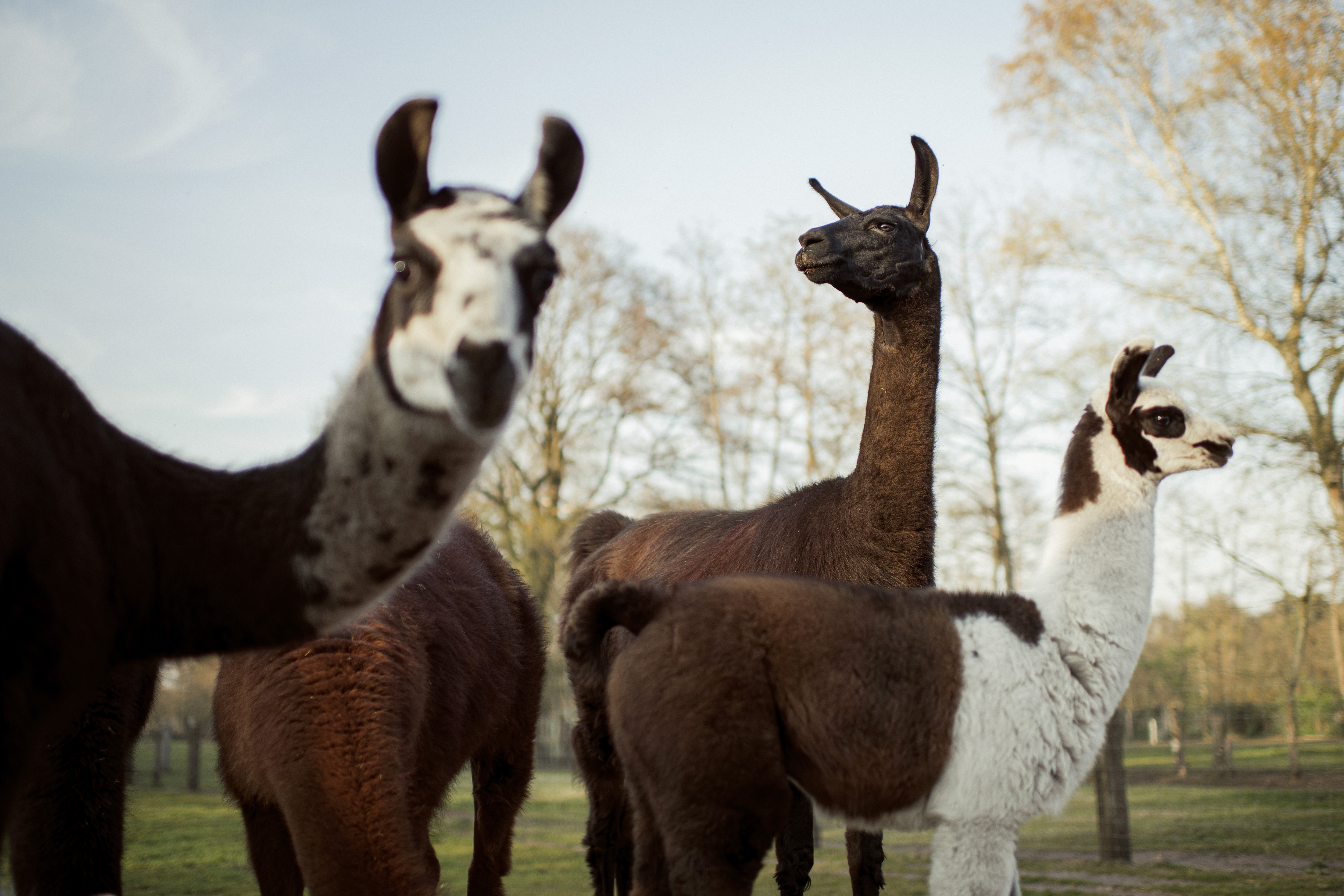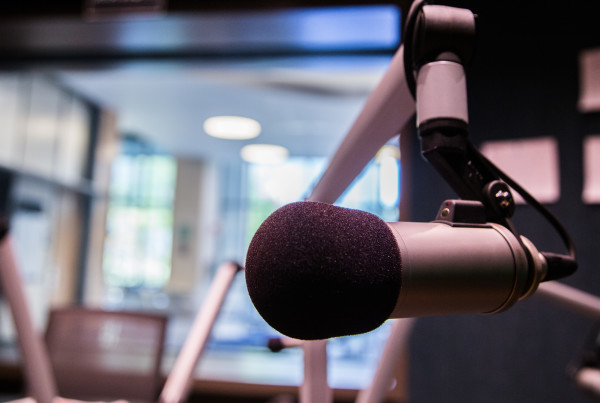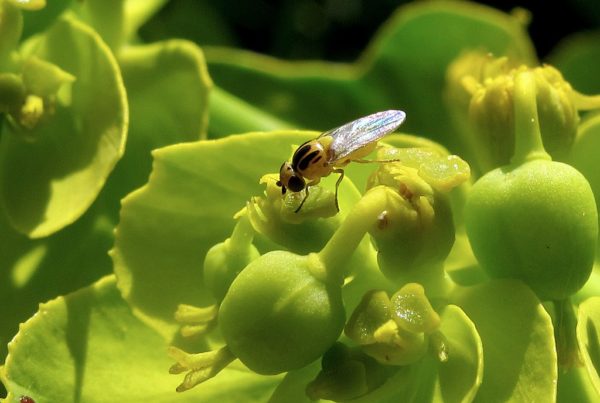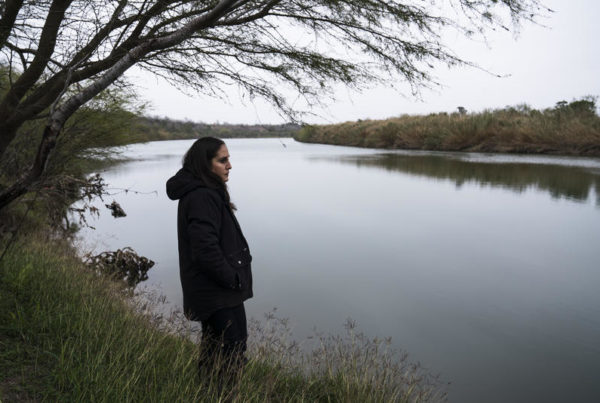“Winter” the llama lives on a farm somewhere in Belgium. University of Texas at Austin Associate Professor of Molecular Biosciences Jason McLellan has never met Winter in person but he sees pictures of her. He’s also intimately familiar with what’s going on inside her body.
That’s because McLellan is part of an international team studying how llama antibodies – blood proteins that react to viruses and bacteria – could help humans.
“It’s been known for a while now that llamas and other members of the camelid – such as alpacas and camels – in addition to conventional antibodies like the kind humans make, they make those plus another one that is pretty unique,” McLellan said.
They are unique because they contain a portion that is much smaller – a “nanobody” – that can bind to the proteins of viruses – including coronaviruses. In fact, McLellan and the teams in Texas and Belgium have been studying how these llama nanobodies respond to coronaviruses since 2013.
“And it turns out that one of the nanobodies that we had previously isolated against the first SARS coronavirus also binds against this new SARS coronavirus too – that causes COVID-19,” McLellan said.
He says they neutralize the virus. Their initial findings were published in the journal Cell, on Tuesday.















